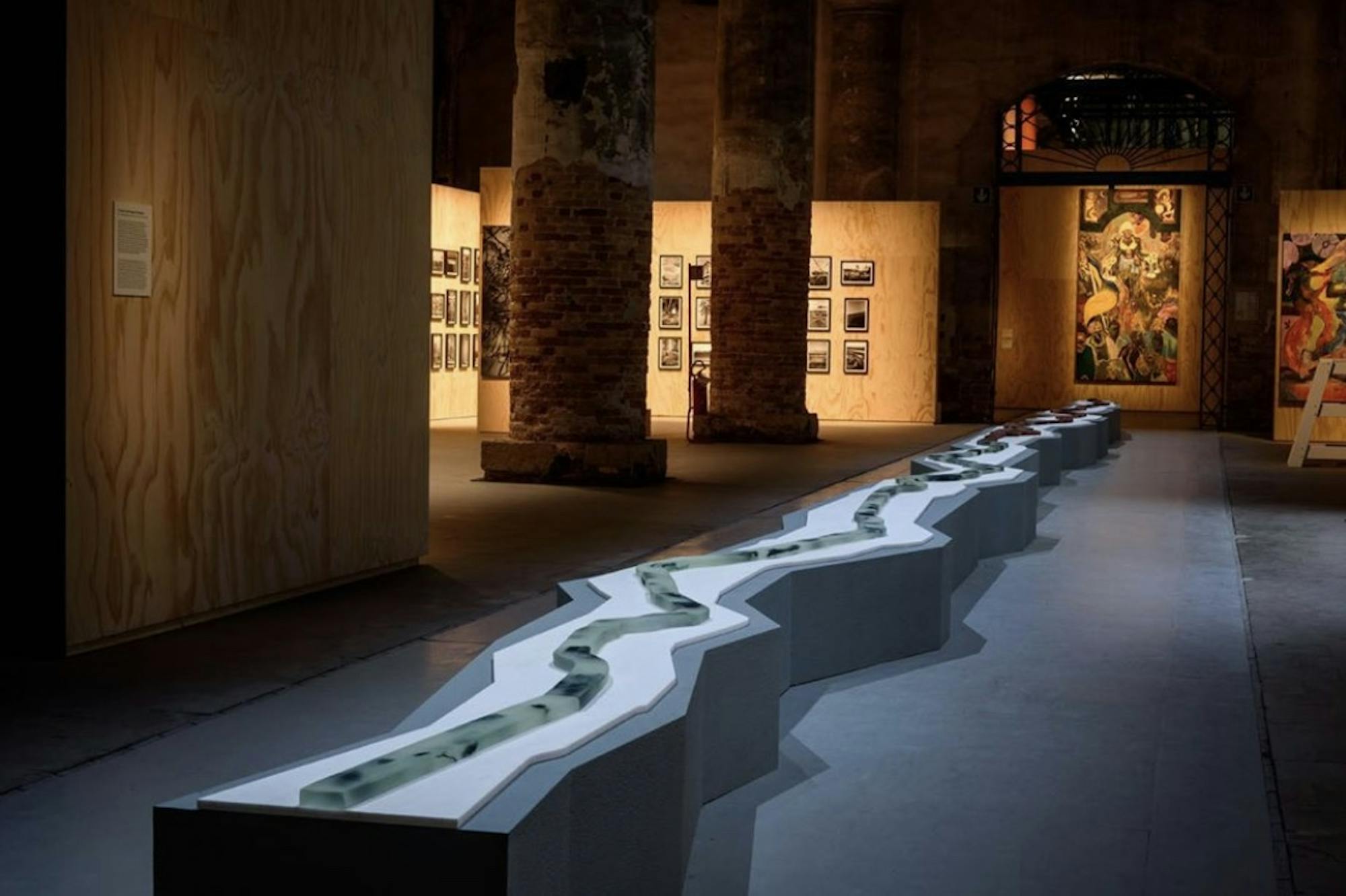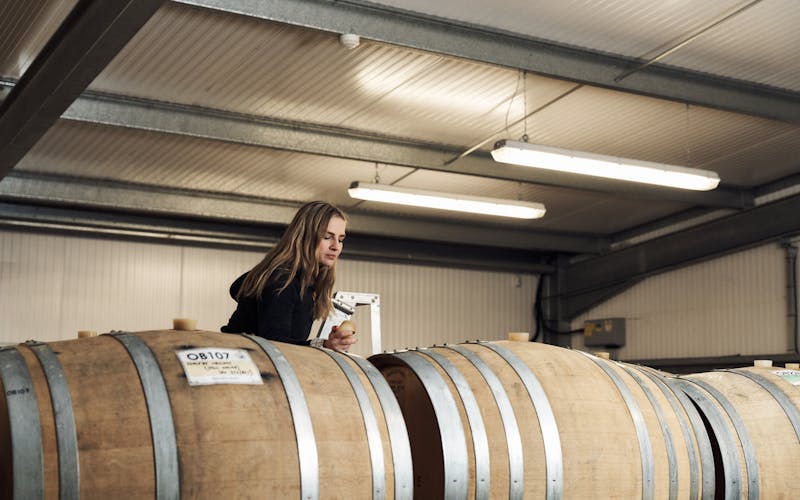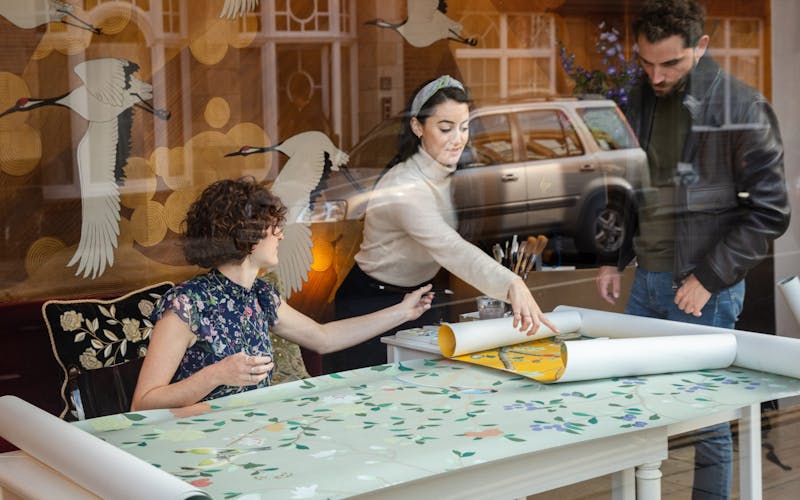

for Walpole members and
non-members available now
at The Londoner



Last year’s inaugural Summer Switch-Off worked very well, on the whole. The world at large, and the world of Walpole in particular, still turned on its axis in my absence, astonishingly. I got through nine novels, not all of which were spy stories or thrillers, and came back refreshed, restored and re-charged.
The only fly in the ointment was the Chief Parenting Officer’s insistence on reading me the doomiest excerpts from The Papers over breakfast, intoning “A New Brexit Plan Creates Fresh Depths Of Chaos (And The Worst Is Yet To Come)” or other ‘go directly to hell in a handcart, do not pass Go, do not collect £200’ stories. This real-world intrusion into my carefully constructed holiday idyll would send me into a gloomy funk, at least for a short time, because nothing can really crush the good mood-inducing properties of a clear, calm sea, a cloudless sky and the scratchy, sultry symphony of cicadas in the trees.
A year on, the news hasn’t got any cheerier, and with the battle for Number Ten hotting up the headlines whilst we’re abroad, I foresee breakfast-time trouble brewing already. I can’t cut off the CPO’s access to news by dropping his phone in the pool because he’d kill me, so I may resort to the discreet deployment of noise-cancelling earphones to muffle the worst of his edited highlights, and adopt a bland look of stoic concern, nodding at intervals. I don’t believe a desire to have a short but complete break from absolutely everything is putting one’s head in the sand: On the contrary, taking time out from a situation over which one has no control is an act of canny self-preservation. When I return from two weeks of blissful ignorance, batteries once more back to 100%, the Conservatives will have a new leader, Britain will have a new Prime Minister, and it will all be a lovely fait accompli without me wasting any of my holiday in a state of futile angst.
Nor will I miss the sense of impotence that comes from the continued Brexit impasse whilst I’m away. Brexit has been Britain’s prevailing conversation for three years now: the longer we live with uncertainty the more discombobulating it is, not only for business, but for ordinary individuals too - unsurprisingly, according to a recent study by Britain Thinks, two thirds of UK adults think Brexit is damaging their mental health.
But, if the times we live in seem to be a little too interesting for comfort, what can one do? Perhaps the only answer is to summon the serenity to accept the things one can’t change and find the courage to change the things one can. Walpole has made its views on the impact of Brexit known in Westminster in as many ways as we can and as often as we can - firstly with the Brexit report early in 2017, with our submission to the Migration Commission, with our input into the new Export Strategy, and, with the threat of no-deal undiminished, by putting a number on the cost to the British luxury sector of a no-deal Brexit (which, although I’m sure you need no reminder, will be £6.8 billion - 20% of exports). There have been many other forays besides those, in Brussels as well as in Westminster, and if there’s more we can do to warn and counsel the government about Brexit’s risk to a sector which has always given so much to its country, not only in delivering tangible cash to the exchequer but in the less tangible but priceless contribution to Britain’s global reputation, then we will continue to do it. I’m inclined to believe the majority of parliamentarians understand the consequences of leaving without a deal but whilst there’s little appetite for it, Brexit remains the most Gordian of Gordian knots. What happens next is in the hands of the government, and I’m summoning as much serenity as I can muster for that one (aided by the respite of a timely news blackout).
However, when it comes to having the courage to change the things we can, then it’s to British luxury’s power to boost the UK’s global reputation that we should turn. When I was in Venice earlier this year for the opening of the 58th Biennale, I contributed to the Boster Group round-table discussion on Culture as a Vehicle for Soft Power in our Interconnected yet Fragile World, alongside an incredibly august group of people from cultural institutions, luxury brands, major corporate sponsors of the arts, influencers and government stakeholders. Looking at the Portland Soft Power 30 Index’s criteria for “achieving objectives through attraction and persuasion”, it’s clear that culture and the arts are unparalleled in their ability to broker relationships and promote values. British luxury brands are an integral part of the art and culture of the UK, communicating Britain’s excellence in design and craft, heritage and modernity, hand-making and digitisation, to every corner of the world. With 80% of what’s produced in the sector destined for overseas markets, British luxury brands are incredibly effective at disseminating the best we can do here, each product a timeless keepsake of British creativity. We mustn’t forget how powerful this is, we need to redouble our efforts to show how good we are at a time when the squeeze between Brexit’s rock and hard place threatens to undermine our status.
Culture as a Vehicle for Soft Power was a particularly pertinent discussion in the context of Ralph Rugoff’s curatorial theme for the Venice Biennale - ‘May You Live in Interesting Times’. Art’s ability to provoke a response in its viewers, to invite us to consider alternative narratives, to hold power to account and offer an often critical commentary on the current context - populism, climate change and cultural hegemonies - was very much to the fore in many of the national pavilions as well as in work selected by Rugoff for the main exhibition space. Arthur Jafa’s stunning video installation, The White Album, interrogates race and power, Golden Lion winner Lithuania’s Sun & Sea was a moving warning of ecological disaster, and the Ghana pavilion, the first time Ghana has shown at the Biennale, explored the country’s past and future through an extraordinary dialogue between six artists in a pavilion partly constructed from Ghanaian soil, and was one of several national pavilions to question the prevailing orthodoxy of Western art. One of the Ghana pavilions key supporters was part of the Boster Soft Power roundtable and it was interesting to learn how much value the Ghanaian government puts on promoting its culture.
Important, too, not least for representatives of the British Council at the roundtable, was the artistic response made by many of the national pavilions to the troubling resurgence of nationalism across Europe: the British Council was founded in 1934 by the Foreign Office to promote British culture, and to fight the rise of fascism and I know I wasn’t alone in thinking how critical it is to think of the lessons of history when aware that one’s own time has got rather too interesting for comfort- who was it who wrote ‘those who cannot remember the past are condemned to repeat it’? It’s easy to think that it is only politicians who have the power to change and challenge, but utterly vital to recognise that the power doesn’t only rest there - art and culture have huge power to effect change, by persuasion, not coercion.
As one of the panellists commented “Soft power doesn’t just happen - like its harder counterpart, someone has to pull the trigger and mean business”. When it comes to helping to communicate the role Britain plays in the world, let’s all have the courage to change the things we can change, and remember the extraordinary power of Britain’s luxury brands.
The 58th Venice Biennale runs until 24th November 2019.
For a more detailed analysis of the Boster Group Soft Power roundtable discussion, click here.





